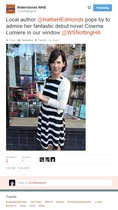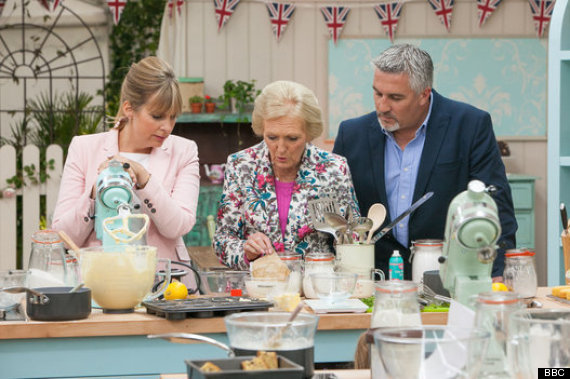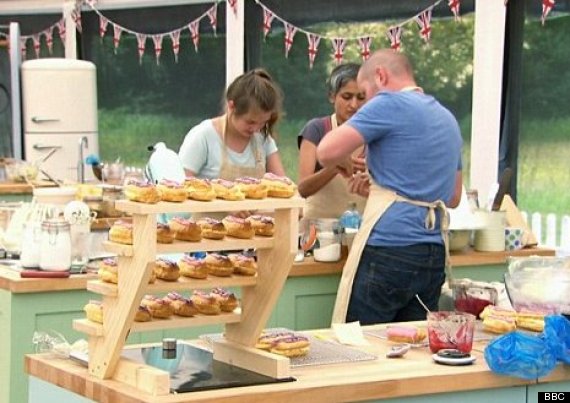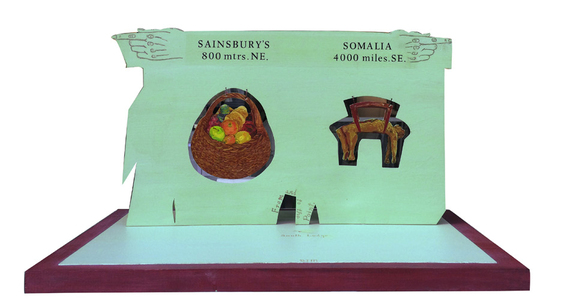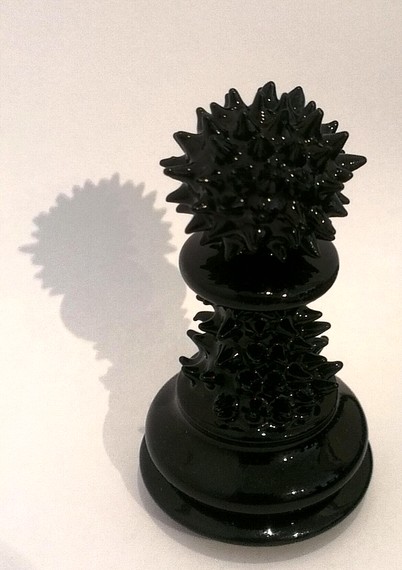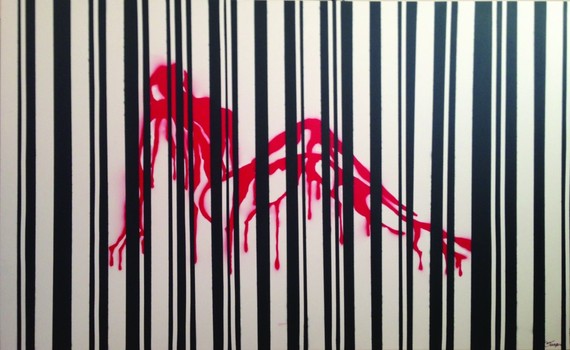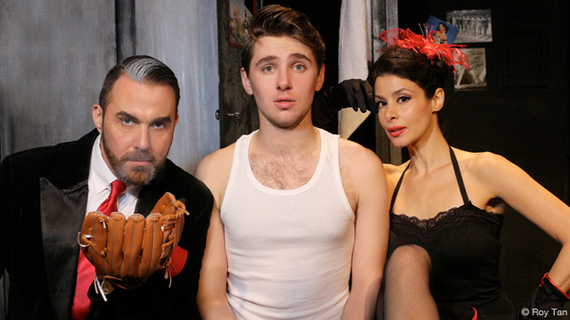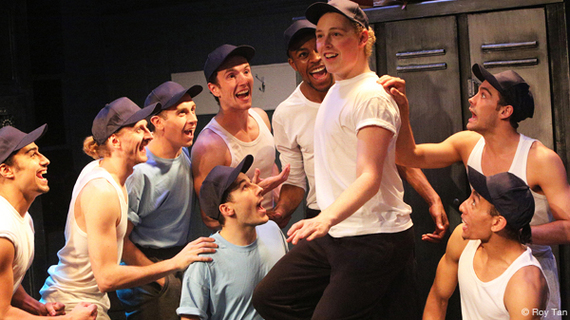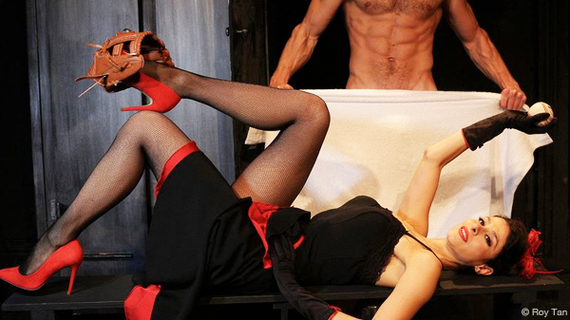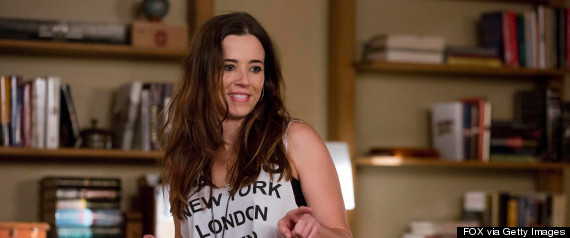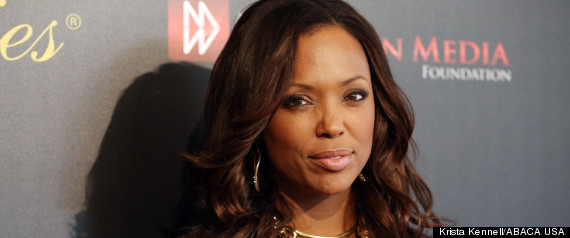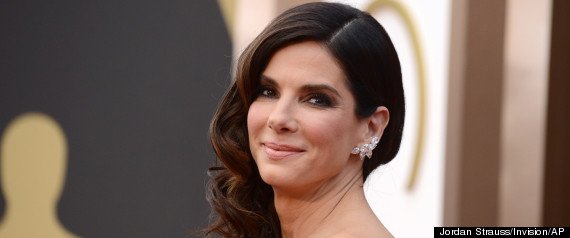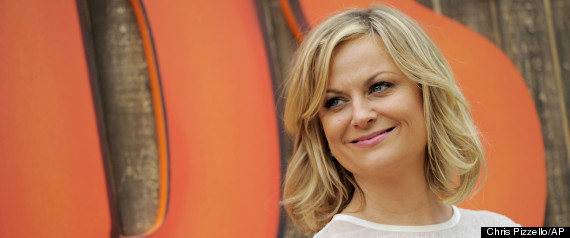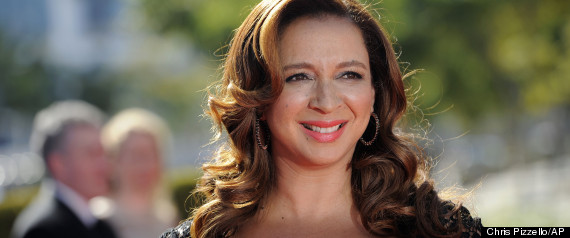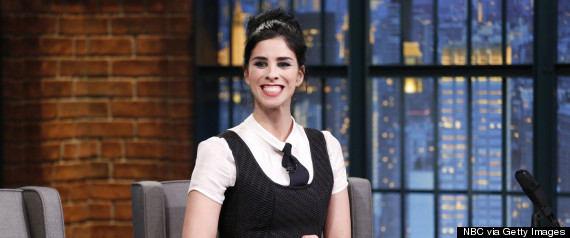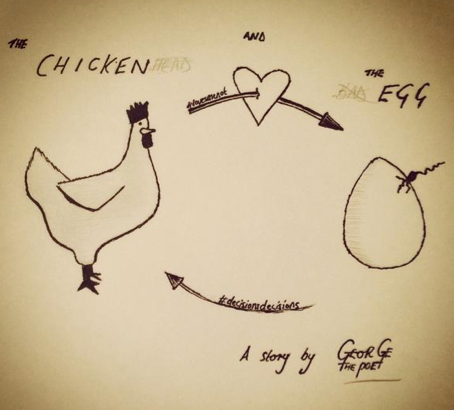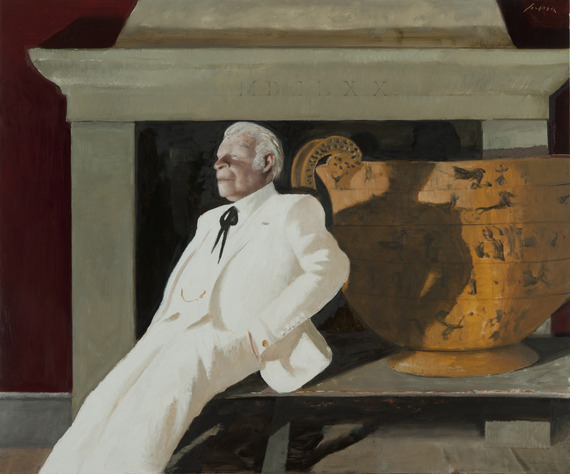![2014-10-06-Highclere_Castle.jpg]()
I must confess that I am a fan of
Downton Abbey. But I am worried about the programme, seriously worried. We should not underestimate what a successful TV show can do.
Downton Abbey is, in fact, a form of soft nationalist porn that can probably be blamed for the rise of Ukip.
The incredible power of state media
It has
commonly been remarked that the rise of Hindu religious nationalism in India was strongly influenced by the state Indian TV (
Doordarshan) company's serialisations of the Hindu religious epics of the Ramayana and the
Mahabharat in the late 1980s and early 1990s.
The Indian prime minister Narendra Modi largely owes his position (and the power he wields through the Bharatiya Janata Party) to the catalyst of these
Doordashan religious epics. Until the early 1990s the BJP was a minor party.
The programmes revolutionised TV consumption across the sub-continent. Whole communities would come to a standstill each week as they gathered around their TVs to watch. Very often the TV sets themselves would be garlanded in honour of the stories and their characters.
We cannot underestimate the power of national television to instil into a diverse national group a simple narrative about what their country means to them. India is a vast country the size of Europe, with cultural and linguistic diversity to match. It also has a very large non-Hindu population (mostly Muslims). The religious epics acted as a catalyst in helping to imagine unity and purpose (among Hindus as Indians) through the power of nostalgia and meaning.
We may step back from this, shake our heads, and say that
Downton Abbey is not like that. It is just another ITV period drama, surely?
'Downton Abbey is harmless fun': Soft nationalism between consenting adults
But
Downton Abbey is perhaps the nearest that we can come to a contemporary story about British national identity (that is, what we might like it to be).
It is obviously about the English aristocracy - the Earl of Grantham (Hugh Bonneville) and his dowager countess mother (Maggie Smith) - and how that aristocracy struggled to forestall its decline. These aristocrats are shown as the fiercest of traditionalists, but also willing to adapt as and when to maintain their privilege.
It brings in a wider narrative, though, with Grantham's American wife (Elizabeth McGovern) and mother-in-law (Shirley MacLaine). We also have echoes of the Empire as an ever-present background. Grantham's brother Hugh (Peter Egan) takes up the role of governor of Bombay, in India, and most recently we have the character of Simon Bricker (Richard E Grant) who has 'wintered in Alexandria' (in British occupied Egypt). Interestingly, the house itself (
Downton) is placed in northern England (somewhere near Ripon in North Yorkshire), even though the building that is used for filming is Highclere Castle in Hampshire.
Although
Downton is a largely English icon, it does also address other parts of the issue of British nationalism. For example, Grantham's brother has his estate in Scotland, and there is the character of Mrs Hughes, the head housekeeper from Argyll. Most poignant though is the character of Branson (Allen Leech), the Irishman who starts as a chauffeur but becomes a reluctant part of the aristocratic family. As an Irishman, he struggles with becoming part of the British ruling class and so offers the viewer an ongoing critique (from within) of British national privilege.
But alongside this aristocracy,
Downton succeeds because it also tells the other story - the 'downstairs' to the upstairs of the great house. A collection of servants, including butlers, valets, housekeepers, ladies' maids, footmen, cooks, and others give the story its depth. It is in these characters that most viewers have the chance to see reflections of themselves.
These ordinary workers square-off the circle of the
Downton universe. They help to portray the microcosm of the house as a picture of the wider world in which it was placed. And in these servants we see something of that world's (often unrecognised) diversity, including clandestine homosexuality, Scots, unmarried mature women, and rape.
The character of Mr Bates (Brendan Coyle) stands out in particular, Grantham's valet. In order to do the right thing, we know (without being shown) that he has taken revenge for his wife's rape by pushing the rapist in front of a car in London. He is a man of goodness and honour, but with a dark side.
A country re-united by nostaliga
In short,
Downton Abbey is about nostalgia. It presents to us a country that we feel we know, even though that country is a long way from where we are now, and we would never really want to live there.
Downton tells the story of Cameron-type aristocrats, but in a wider England that seemingly includes the rest of Britain. Its main narrative is of a society divided by class, but united by its common purpose.
Of course, television helps us imagine the national community in many different ways. It happens all the time. As
Thomas Hylland Eriksen has observed, even the nightly weather forecast is a form of everyday nation building - it gives us a simple representation (a map) of the extent of our nation.
And nationalism (and national identity) is not fixed and unchanging - it changes constantly. This is particularly true for contemporary British nationalism.
Although the
Scottish independence referendum has brought British nationalism ('better together') to the fore with considerable intensity, this is nothing new. The debate about contemporary 'Britishness' has been ongoing since at least 1997, since the start of UK devolution.
British national identity is an ongoing process. The idea of being British has changed extensively with the social changes of inward migration.
Whether we like it or not, multicultural Britain is diverse, and our national identity reflects this. The only alternative is succumbing to the frightening forces of ethnic purism.
And this is where Nigel Farage and Ukip come into the story. It is Ukip that seems to be donning the nostalgic mantle of the supposedly benign Britishness that is reproduced in
Downton. The appeal of Farage is the idea that somehow we can reverse time and go back to those 'happy days'.
The world of
Downton is one of British fairness seemingly at its best. It is a world in which prejudices (against gays, Catholics, African Americans, change) are seen as regrettable but still very forgivable.
It portrays a time before there was visible diversity. A time when Britain had considerable international power, and when being in Europe was about fighting imperial wars, not dealing with EU regulations.
This is the hard core of the soft nationalism of
Downton Abbey. The programme is not (as far as I know) a deliberate agenda to reassert a view of Britain that is at odds with the present day reality. It is the politics of nostalgia in full force.
And it is a potent weapon in Farage's attempt to refight Mr Bates' battles of honour and decency, on behalf of his country (England and the UK) and its people.
Which now leaves me feeling rather uncomfortable about escaping to this world on Sunday nights.
(Photo credit: "Highclere Castle" by JB + UK_Planet - originally posted to Flickr as Highclere Castle 1. Licensed under CC BY 2.0 via Wikimedia Commons.)


